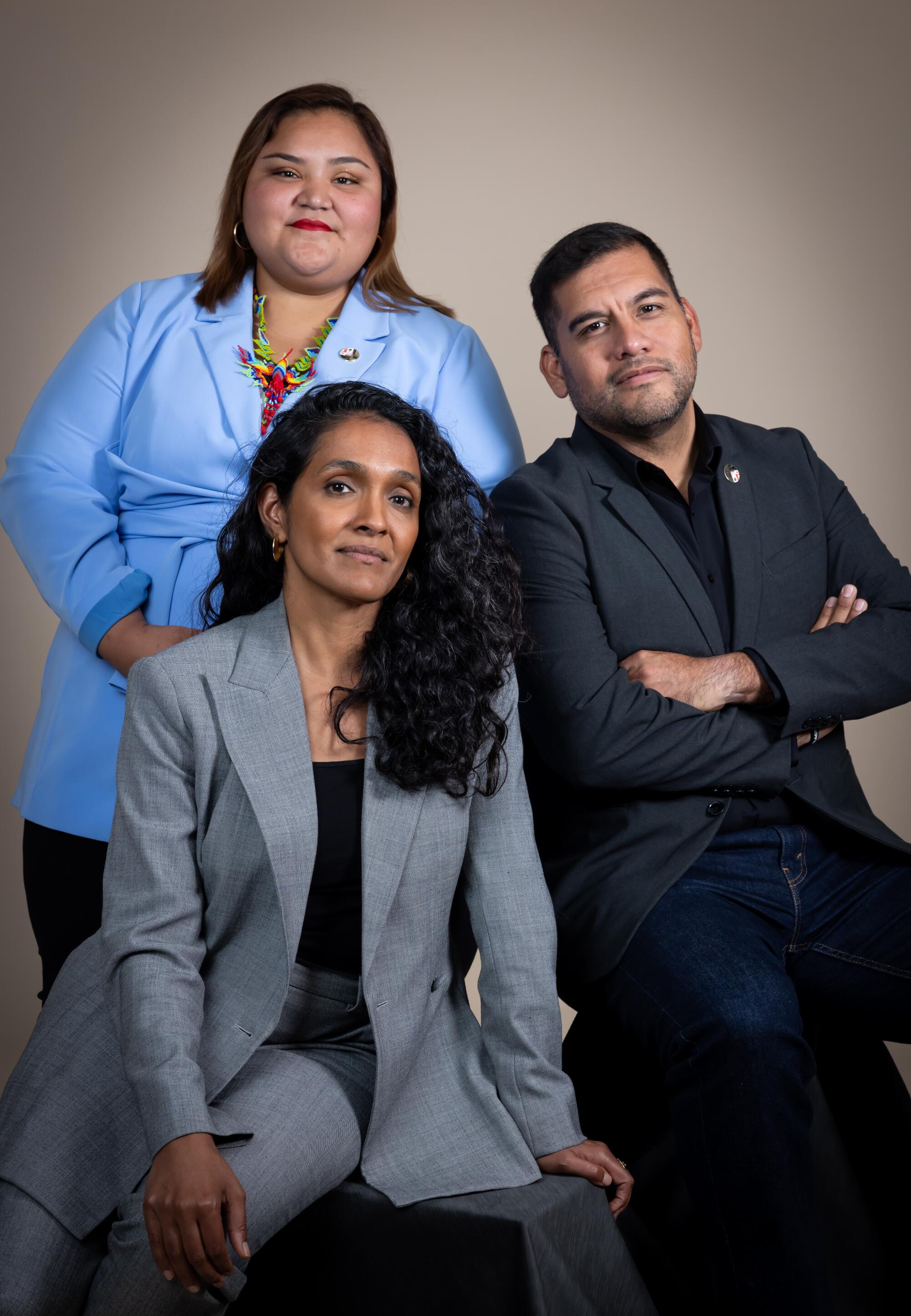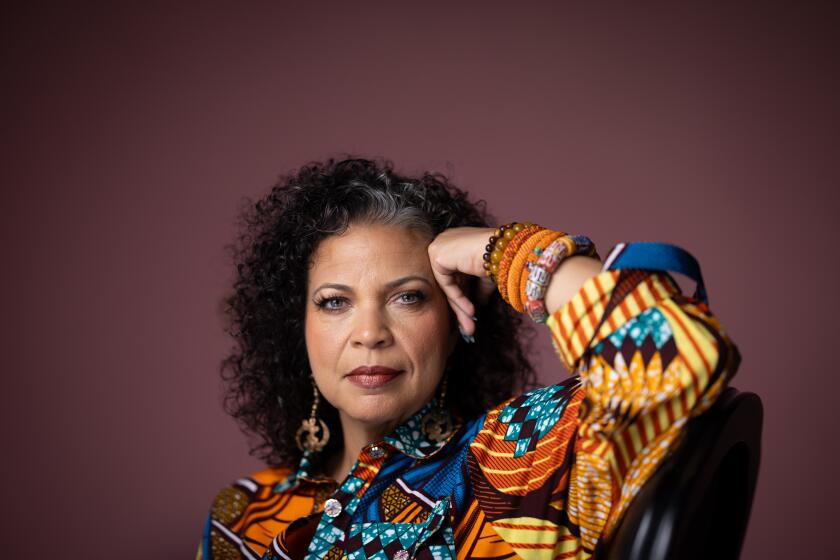
For decades, Los Angeles City Council members enjoyed a near-invincible aura of protection. In a system predicated on maintaining the status quo, reelection was practically a fait accompli, so long as one did the bare minimum and avoided openly taking bribes.
That truism exploded in 2020, when a 39-year-old Silver Lake urban planner stormed the proverbial gates with a candidacy powered by progressives who had previously paid more attention to national politics than to their own backyards.
Nithya Raman — the first person to unseat an incumbent in 17 years — also won with more votes than any City Council candidate, ever.
Discover the changemakers who are shaping every cultural corner of Los Angeles. This week we bring you The Disruptors. They include Mattel’s miracle maker, a modern Babe Ruth, a vendor avenger and more. All are agitators looking to rewrite the rules of influence and governance. Come back each Sunday for another installment.
Was Raman’s insurgent victory a one-off, propelled by a unique alchemy of pandemic and police upheaval, along with a particularly appealing candidate with a compelling vision on homelessness? Or had something foundational shifted?
The answer became resoundingly clear in 2022, when Eunisses Hernandez and Hugo Soto-Martínez — two more digitally savvy, Democratic Socialists of America-backed leftists — ousted party-backed incumbents.
Together, they limn a new landscape in Los Angeles city politics, where the established firmament of consultants and Democratic club endorsements no longer equal the only keys to success, and grassroots progressive groups (and their attendant platforms) hold real sway.
On a 15-member council where passing anything requires counting to eight, the trio’s power is still nascent. But they’ve already pushed the broader body to the left and uprooted entrenched City Hall conventions. And their voting bloc could expand next year if either of the two grassroots leftist candidates who had strong showings in the the March primary succeed in November.
Together, they limn a new landscape in Los Angeles city politics.
For a century, L.A. city elections were held in off-cycle years and decided by a tiny electorate that was whiter, richer and older than the city at large. Reforms that went into effect in 2020 synced up local elections with state and national elections, juicing turnout and delivering a younger, more diverse electorate to the polls.
Raman’s detractors may brand her as a radical, but the Harvard alum, now 42, is more policy wonk than zealot. She cemented her force as chair of the council’s housing and homelessness committee, where she shepherded the most dramatic expansion of tenant rights in 40 years into law.
Her new political might was put to the test this spring, when Raman fended off a centrist primary challenger who was buoyed by $1.35 million in special interest spending. But Raman prevailed despite the volley of attacks, finishing with more than 50% of the vote and avoiding an ugly November runoff.
Though he would probably bristle at the descriptor, Soto-Martínez, 41, is arguably the most traditional politico of the three. The longtime organizer has run numerous campaigns for Unite Here Local 11 — one of the more politically potent unions in a city where organized labor has tremendous influence. He has already built savvy alliances on the council with more moderate members.
Hernandez, 34, co-founded a nonprofit and helped lead the campaign for Measure J, a sweeping local criminal justice reform initiative that passed in 2020. She is the most ideologically unwavering and cast the lone “no” vote on the city budget last year because it increased Los Angeles Police Department spending. This year, all three voted against the mayor’s more austere budget, which cut vacant positions and again boosted police spending.









